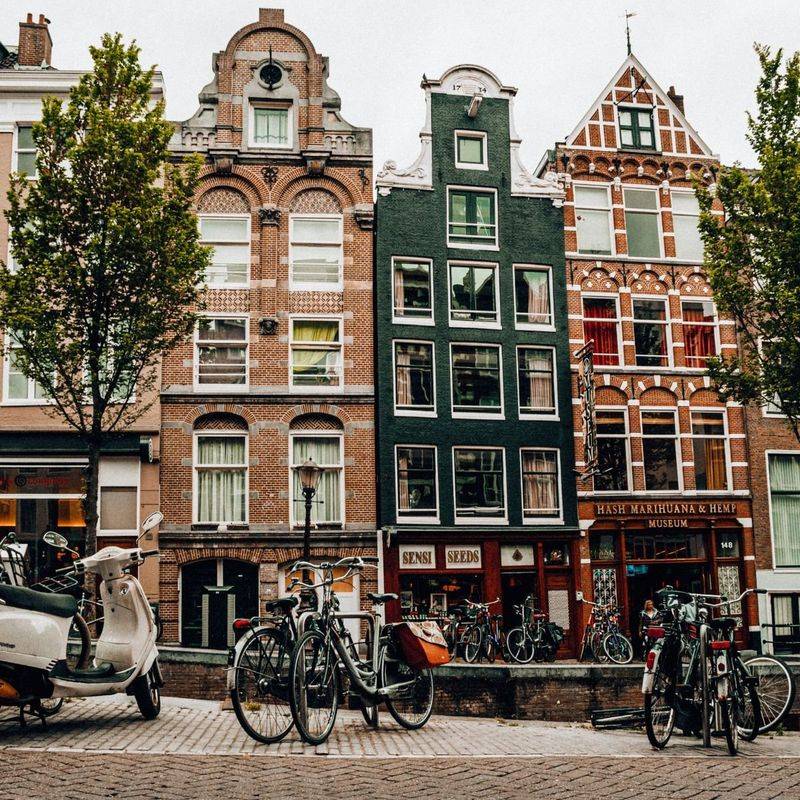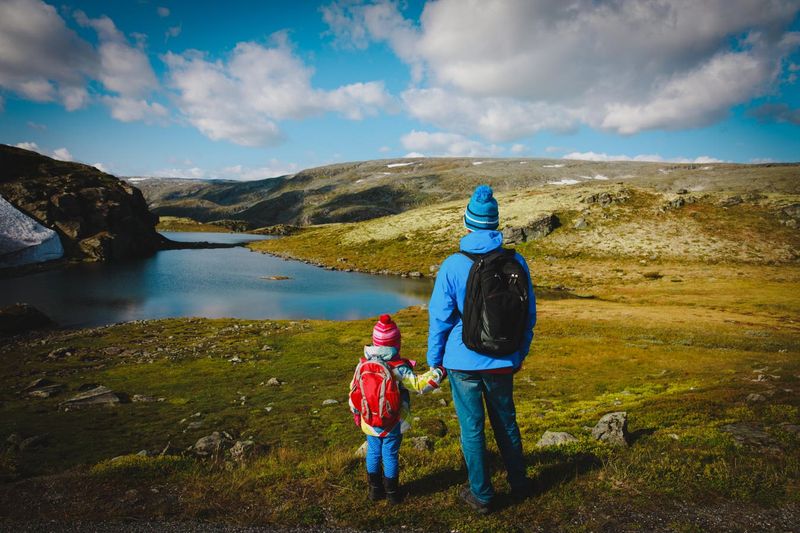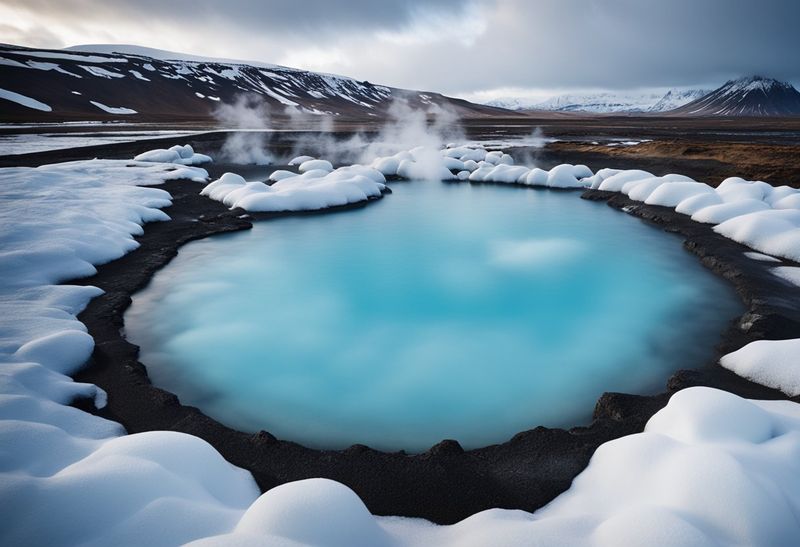In today’s fast-paced world, achieving a harmonious work-life balance seems like an elusive dream. Many of us find ourselves trapped in a cycle of endless work hours, leaving little time for personal fulfillment and relaxation. However, some countries have cracked the code to creating a more balanced lifestyle for their citizens. These nations prioritize not just economic success, but also the well-being and happiness of their people. By implementing policies that encourage shorter work weeks, flexible schedules, and generous vacation time, they set an example for the rest of the world. Let’s explore nine countries that have mastered the art of work-life balance, offering valuable insights and inspiration for how we might improve our own approach.
1. Denmark

Denmark consistently ranks as one of the happiest countries, largely due to its excellent work-life balance. The Danes enjoy a standard 37-hour workweek, allowing more time for family and leisure activities. Workers are encouraged to leave the office on time, fostering a culture that values personal time. Denmark’s flexible work arrangements and parental leave policies stand out. Moreover, the concept of ‘hygge’—a cozy, content way of living—permeates Danish society, emphasizing the importance of well-being over relentless work.
2. Netherlands

In the Netherlands, work-life balance is taken seriously. Employers offer flexible scheduling, and part-time work is a popular choice, especially among parents. This flexibility allows individuals to balance professional responsibilities with personal interests. Dutch culture supports taking time off to recharge. The country’s picturesque landscapes and cultural richness provide ample opportunities for leisure. Additionally, businesses foster an informal work environment, enhancing job satisfaction and productivity.
3. Norway

Norway is renowned for its commitment to work-life balance. The standard workweek is 37.5 hours, and the government mandates at least five weeks of paid vacation annually. This ensures ample time for rest and recreation. Norwegians enjoy a close connection to nature, often spending weekends in the outdoors. The country’s focus on family life and equality is evident in generous parental leave policies, making it easier for parents to maintain careers while raising children.
4. Sweden

Sweden is famous for its ‘fika’ culture—taking breaks to enjoy coffee and company, which is integral to work-life balance. The workweek is typically 40 hours with flexible schedules. The country’s policies support gender equality, with shared parental leave allowing both parents to care for their children. Sweden’s emphasis on leisure, family, and equality makes it a model for a balanced lifestyle, where personal well-being is prioritized.
5. Finland

Finland’s approach to work-life balance includes shorter workdays and a strong emphasis on family and relaxation. The Finnish educational system also supports this balance by reducing homework, allowing children more free time. Saunas are a cultural staple, providing a place to unwind. Finland embraces the concept of ‘sisu’—perseverance and resilience—which translates into a balanced lifestyle that values both work and relaxation.
6. Germany

Germany offers a robust work-life balance, with a typical workweek of 35-40 hours and six weeks of paid vacation. The culture encourages efficiency and productivity without sacrificing personal time. Germans value their leisure, often spending time in nature or socializing in beer gardens. The country also supports work-from-home options and flexible hours, allowing workers to tailor their schedules to fit their personal needs.
7. Switzerland

Switzerland’s work culture values efficiency and productivity, yet prioritizes personal well-being. The Swiss enjoy a high quality of life with access to stunning natural landscapes that promote leisure. A typical workweek is around 40 hours, with ample vacation days. Additionally, flexible working hours and the option for remote work allow individuals to balance their professional and personal lives harmoniously.
8. Australia

Australia promotes a healthy work-life balance with a standard 38-hour workweek and generous leave entitlements. The laid-back Aussie lifestyle emphasizes outdoor activities and socializing. Australians enjoy access to beautiful beaches and natural parks, encouraging an active lifestyle. Employers support flexible work arrangements, allowing employees to pursue personal interests. This blend of professional commitment and leisure makes Australia a leader in balanced living.
9. Iceland

Iceland stands out with its progressive approach to work-life balance. The country has a 36-hour workweek and offers extensive parental leave. Icelanders enjoy frequent breaks, often visiting geothermal pools to relax. The small population fosters a close-knit community, where social connections are valued. This balanced lifestyle, combined with stunning natural beauty, offers a unique model for well-being and happiness.

Well, hello there!
My name is Jennifer. Besides being an orthodontist, I am a mother to 3 playful boys. In this motherhood journey, I can say I will never know everything. That’s why I always strive to read a lot, and that’s why I started writing about all the smithereens I came across so that you can have everything in one place! Enjoy and stay positive; you’ve got this!

